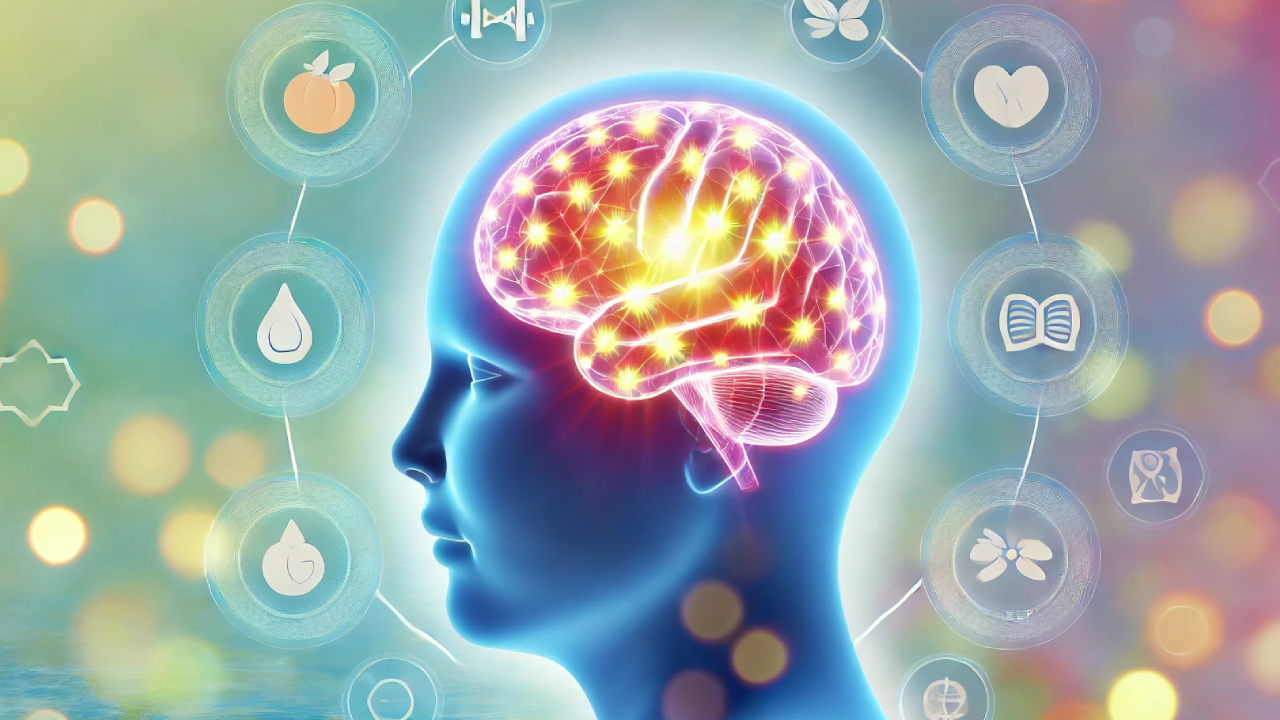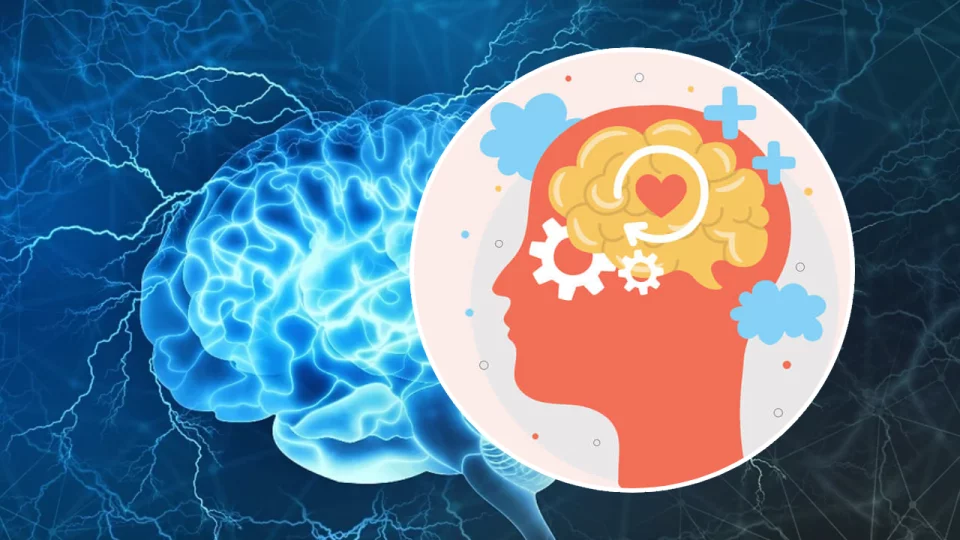As we age, our bodies change, and so does our brain. While physical exercise is widely recognized for its role in maintaining health, brain exercises are just as crucial in maintaining cognitive function and fighting aging. Cognitive decline is a natural part of aging, but the right combination of mental and physical activities can significantly slow the process.
Aging often brings about changes in brain structure and function, leading to issues like memory decline, slower processing speed, and difficulties in multitasking. These changes can affect quality of life and independence in later years. However, just as regular physical exercise keeps muscles strong, mental exercises can help keep your brain sharp. Numerous studies show that engaging in cognitive activities can improve memory, focus, and overall brain function, delaying the onset of dementia and other cognitive impairments.
The brain, like any other organ, requires proper care to function at its best. The more you exercise it, the more resilient it becomes. Let’s dive into the best practices for maintaining brain health and combating cognitive decline.
Table of Contents
Cognitive Training: Puzzles, Games, and Mental Exercises
Cognitive training refers to exercises aimed specifically at improving brain function. One popular and effective approach to this is engaging in puzzles, strategy games, and brain teasers.

Crossword Puzzles and Sudoku
These classic brain games engage areas of the brain responsible for problem-solving, memory recall, and logic. Doing crossword puzzles regularly is known to improve vocabulary and language skills. Sudoku, on the other hand, strengthens numerical skills and spatial reasoning. Engaging in these activities stimulates the brain and challenges it to think in new ways, which can promote neural growth and brain plasticity.
Chess and Strategy Games
Chess, known for its strategic demands, encourages long-term planning and decision-making, activating both hemispheres of the brain. Strategy games like chess or even modern digital strategy games train your brain to anticipate outcomes and think several steps ahead. This type of exercise strengthens logical thinking and memory, which can become weaker with age.
Memory Games
Games designed to improve memory are another excellent tool for cognitive health. They challenge you to recall patterns, sequences, or items from a list, which reinforces the brain’s ability to store and retrieve information. Memory games also sharpen attention to detail, which can help mitigate age-related forgetfulness.
Physical Exercise for the Brain
Exercise doesn’t just build muscles and endurance; it also has a profound impact on brain health. Aerobic exercise, in particular, has been found to enhance brain function and slow aging by increasing blood flow to the brain, promoting neurogenesis (the formation of new neurons), and improving mood.

Aerobic Exercise
Activities like running, walking, swimming, and cycling are not only good for cardiovascular health but also stimulate cognitive functions. Studies show that regular aerobic exercise increases the size of the hippocampus, the brain region responsible for memory and learning. This can lead to improvements in memory and slower cognitive decline.
The release of endorphins during aerobic exercise also helps reduce stress and anxiety, which are known to negatively affect cognitive function. Lowering stress and maintaining a positive mental state can help keep your brain sharp as you age.
Strength Training
Resistance exercises, such as weightlifting or bodyweight exercises, also contribute to brain health. A 2016 study published in the Journal of the American Geriatrics Society found that older adults who engaged in strength training showed improved cognitive function compared to those who didn’t. Strength training releases brain-derived neurotrophic factor (BDNF), which promotes the growth of new neurons and supports overall brain health.
Yoga and Tai Chi
Mind-body exercises like yoga and tai chi provide a dual benefit: physical movement and mental focus. Both activities emphasize balance, flexibility, and controlled breathing, which not only promote physical health but also reduce stress and improve mental clarity. Yoga and tai chi have been found to enhance attention, reduce anxiety, and improve memory retention, making them powerful tools for maintaining cognitive health as we age.
Social Interaction: Exercising the Brain Through Connection
Humans are social creatures, and maintaining strong social connections is vital for brain health. Engaging in conversations, participating in group activities, or simply spending time with friends and family stimulates the brain by forcing it to interpret and respond to social cues, emotions, and language.

Volunteering and Social Groups
Participating in social clubs, volunteer activities, or community organizations can significantly benefit brain health. These activities require planning, organizing, and interacting with others, which keep the brain engaged and active. Studies have shown that seniors who engage in social activities experience slower rates of cognitive decline than those who lead more isolated lives.
Learning New Skills in Group Settings
Learning new skills, such as a language or musical instrument, while being part of a class or group, provides a cognitive challenge combined with social engagement. The combination of learning and interacting stimulates multiple areas of the brain simultaneously, increasing neural connectivity and promoting mental resilience.
Learning and Intellectual Stimulation

Lifelong learning is one of the most effective ways to maintain brain health. Keeping the brain active through continuous education can help fight cognitive decline and even prevent the development of dementia.
Reading and Writing
Regularly reading books, articles, or newspapers is an excellent way to exercise the brain. It encourages focus, concentration, and critical thinking, all of which contribute to a healthy brain. Writing, whether journaling or composing essays, also sharpens cognitive abilities by challenging you to organize your thoughts, recall information, and create narratives.
Learning New Languages
Learning a new language is a complex cognitive task that activates many regions of the brain. It improves memory, attention, and problem-solving skills. Language learning has been linked to a reduced risk of developing Alzheimer’s disease, as it increases brain plasticity and promotes the formation of new neural pathways.
Playing a Musical Instrument
Learning to play a musical instrument has been shown to benefit cognitive function. It requires coordination, memory, and auditory processing, all of which engage different areas of the brain. Even if you start learning an instrument later in life, the cognitive benefits are significant. Research shows that playing an instrument can delay the onset of cognitive decline and improve overall mental acuity.
Mindfulness and Meditation: Training the Brain to Age Gracefully
Mindfulness practices, such as meditation, are another powerful tool for maintaining brain health. Meditation involves focusing your attention and eliminating distractions, which helps to strengthen areas of the brain responsible for attention, memory, and emotional regulation.

Mindfulness Meditation
Mindfulness meditation has been shown to increase gray matter in the brain, particularly in areas associated with memory, learning, and emotional control. A regular meditation practice can reduce stress, improve focus, and increase cognitive flexibility. It also enhances self-awareness, allowing for better emotional regulation, which can mitigate age-related emotional disturbances and stress.
Focused Attention Meditation
Focused attention meditation, which involves concentrating on a single object, thought, or sound, can improve attention and cognitive control. It also boosts the brain’s ability to filter distractions, a skill that often declines with age. By practicing focused attention, you can maintain the brain’s capacity to focus on tasks and manage competing demands.
Diet and Brain Health: The Role of Nutrition
While not an “exercise” per se, proper nutrition plays a vital role in maintaining brain health and preventing aging. Diets rich in antioxidants, omega-3 fatty acids, and essential vitamins are essential for preserving cognitive function.

The Mediterranean Diet
The Mediterranean diet, rich in fruits, vegetables, whole grains, olive oil, and fish, has been linked to better brain health and a lower risk of cognitive decline. This diet is packed with antioxidants and anti-inflammatory compounds that protect the brain from oxidative stress and inflammation, both of which contribute to aging and cognitive deterioration.
Brain-Boosting Foods
Foods like blueberries, walnuts, fatty fish, and dark chocolate have been shown to have specific cognitive benefits. Blueberries, for example, are rich in antioxidants that protect the brain from oxidative stress. Omega-3 fatty acids found in fatty fish like salmon are crucial for maintaining the structure of brain cells and promoting communication between neurons.
